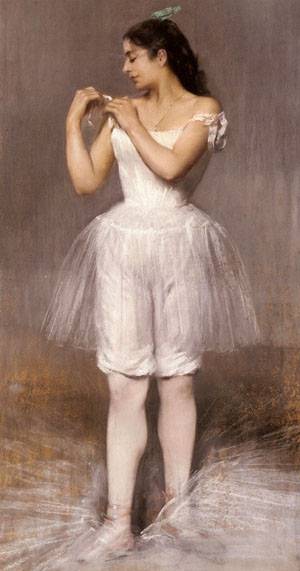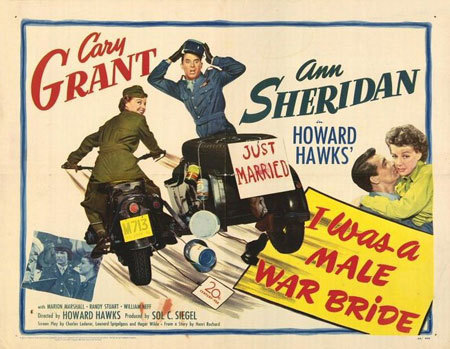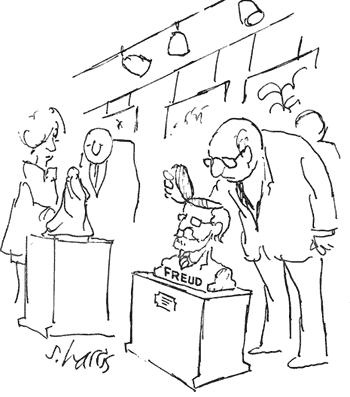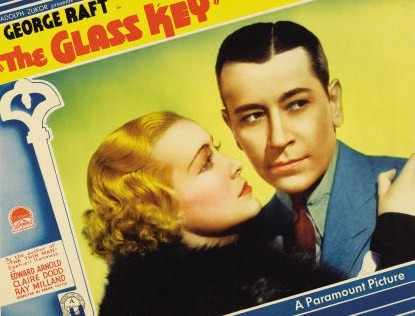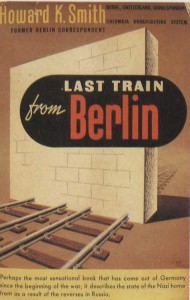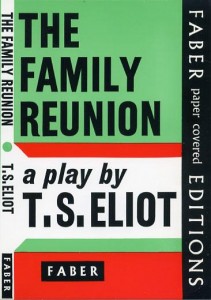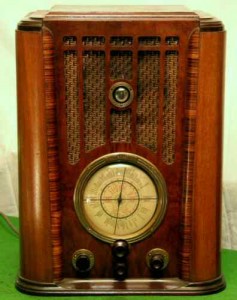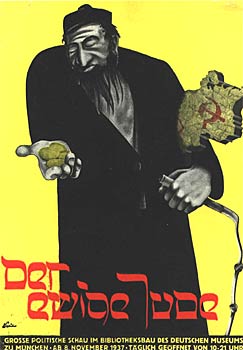
1942:Frye scoffs at “Senior Common Room” anti-Semitism, which, unfortunately, seems to have been common enough at the time.
[113] I’d like to do a New Yorker type story with echoes from a club like our S.C.R [Senior Common Room]. Krating: “…you see it isn’t the Espiani Jew, the real Jews, that are the trouble; it’s the Polish kind that cause…” “So when the inspectors arrived they found the coal all stacked up in the bathtub. You see, you just can’t…”
[Bob Denham’s note (103): “Apparently a reference to the controversial depiction of the Jews by Alfonso de Espina (15th century), the chief originator of the Spanish Inquisition. Alan Mendelson notes that NF is ridiculing Krating for expressing a common prejudice at the time – that the Sephardic Jews are acceptable because they are good candidates for assimilation and converstion, but the more recent immigrant Jews from Eastern Europe are not, because they are ignorant of ‘our ways.’ The prejudice was common also in England at the time. Mendelson points out that George Grant also refers to ‘the coal in the bathtub’ example in one of his own journal entries at about the same time (28 October 1942).”]
Below is a clip from the notorious Nazi propaganda film, Der ewige Jude (German with English subtitles).
